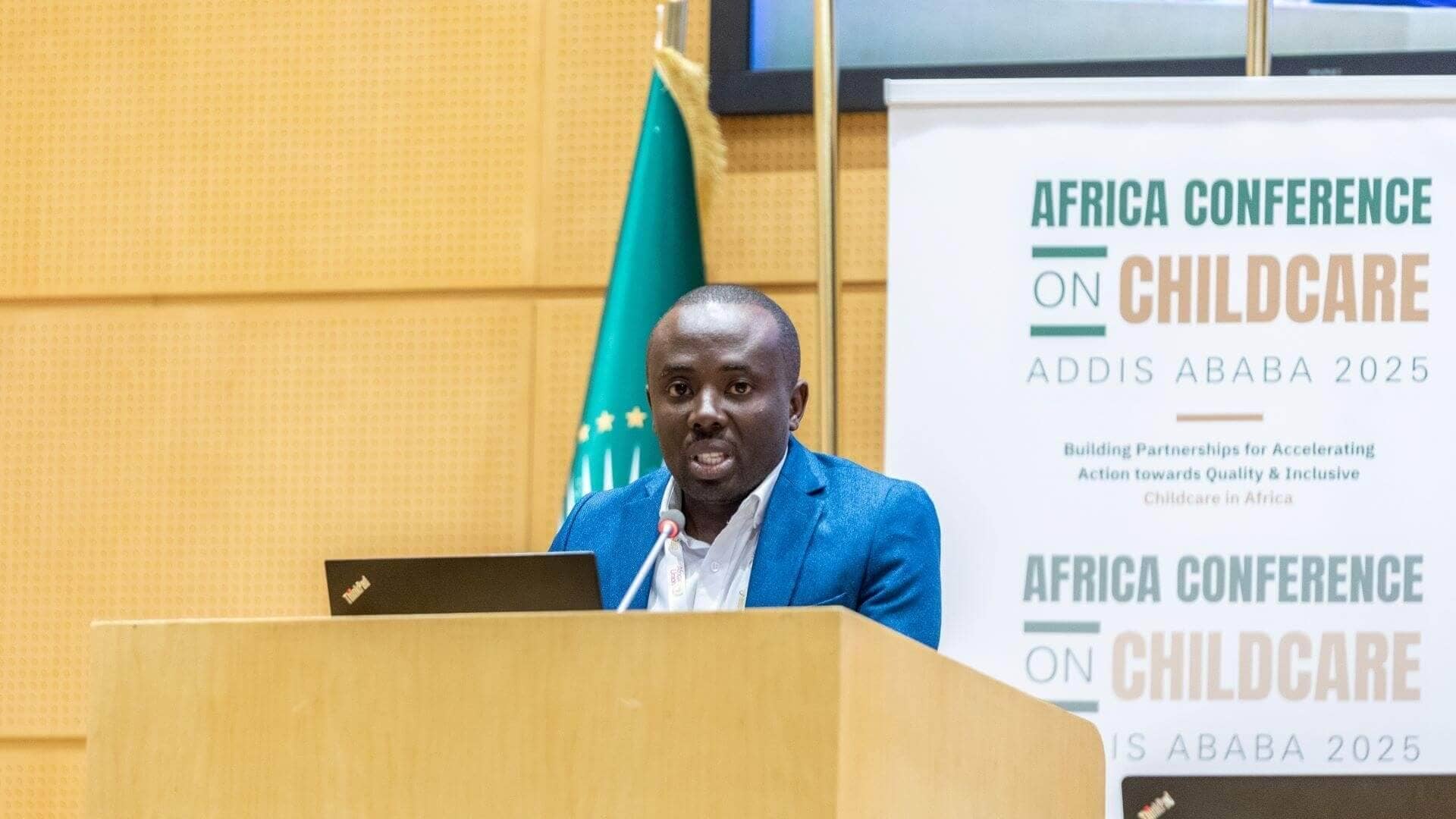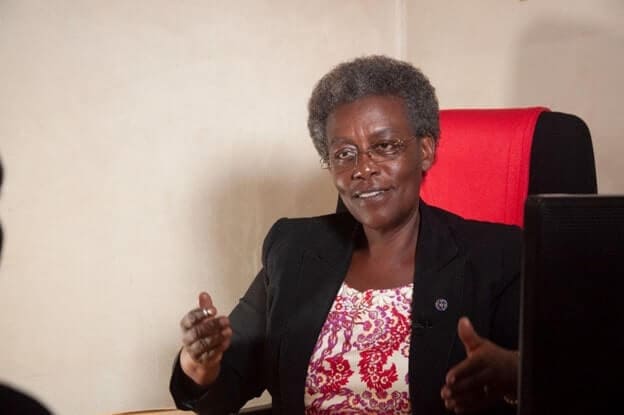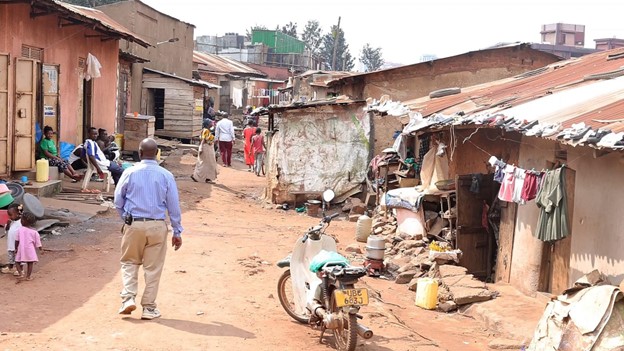Comparative and International Education Society Conference: Insights from implementing two-generation programs
Comparative and International Education Society Conference: Insights from implementing two-generation programs
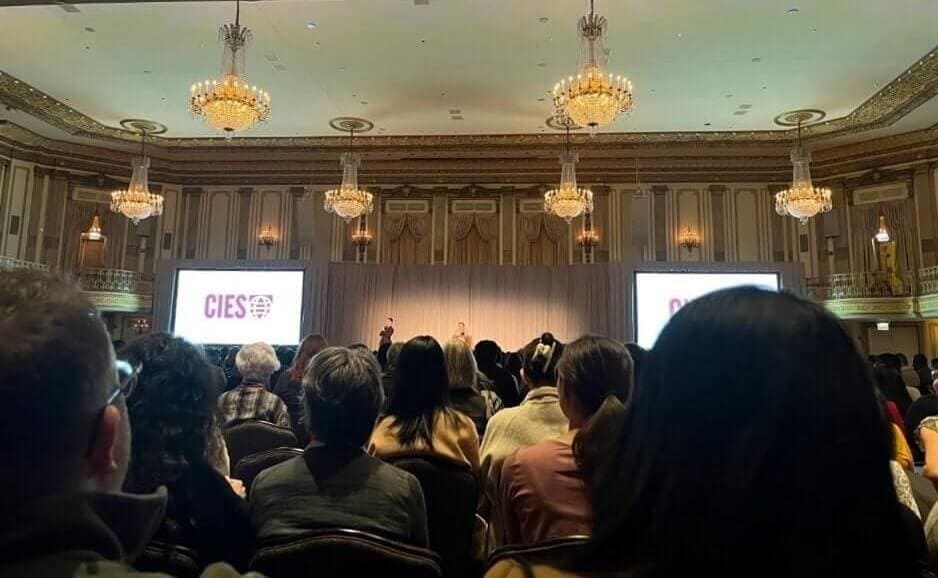
Opening Session of the Comparative and International Education Society Conference (CIES) event
The International Rescue Committee (IRC), Innovations for Poverty Action (IPA) and BRAC International came together at Comparative and International Education Society (CIES) conference 2025 in Chicago to share experiences and learnings from the implementing two-generation approaches to early childhood development (ECD) in the refugee context of Uganda. This was a panel session titled ‘Two-Generation Approaches to Supporting Early Childhood Development.’ The panel comprised of Godfrey Mwesigye – the Policy and Advocacy Manager for Kulea Watoto, Sarah Kabay – the Director of Education Program at IPA, and Rafiath Rashid Mithila the Head of Early Childhood Development Programme at BRAC International.
In principle, two-generation programs explicitly target low-income parents and children from the same family, for example, targeting the children to access quality ECD services, as well as economically empowering their primary caregivers.
Through Kulea Watoto’s two-generation model, clients have received training support on financial literacy, income generating skills and micro-grants to empower them to provide needs for their children. The intervention also supports the children to access early learning at ECD centers and home learning centers. At the mid-term assessment, out of the 4,921 households that had been reached with the intervention, 47% of young children aged 0-5 were developmentally "on-track" according to a standard ECD assessment compared to the 23% at the baseline. About 58% of client households reported an increase in their monthly income. Also, 86% of caregivers reported increased access to essential ECD services compared to 38% at baseline. Some key lessons from Kulea Watoto are: two-generation programs require contextualization to local communities- including in refugee contexts, two-generation approaches can increase enrollment in ECD centers, and two-generation approaches in refugee contexts need more time than other contexts to realize outcomes from the combined ECD and livelihood interventions.
During this session, BRAC shared their two-generation approach that combines ECD and the Ultra Poor Graduation Intervention in Imvepi Refugee Settlement targeting 700 households. The findings by BRAC through the implementation of the two-generation model are not far from the ones by Kulea Watoto. For example, it enhances children and family’s nutrition – 98% of their clients are contributing towards the feeding programs at the ECD centres, it increased parental involvement in ECD – especially attending the parenting sessions and attendance in ECD centres.
IPA shared their findings on the time use study which revealed that children ages 3 - 6 spend a significant amount of time alone and/or unsupervised. After attending an early education center in the morning, children were observed for a four-hour period in the afternoon; on average, children spent 21 percent of this time alone. In 48 percent of households, no direct care was observed for children during the four-hour observation period, even when including care from older siblings. This requires further study to ascertain whether this is a result of parents being engaged in busy livelihood activities or from other factors.
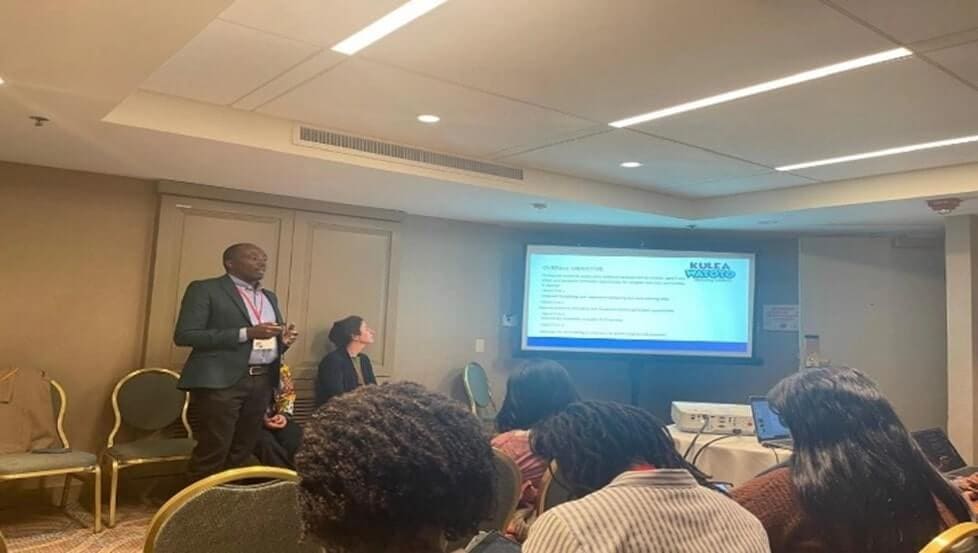 | 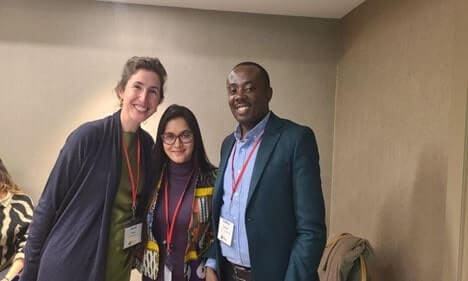 |
From the left: Godfrey Mwesigye, Senior Policy and Advocacy Manager for Kulea Watoto making a presentation at CIES in Chicago. From the right: Godfrey Mwesigye (IRC), Rafiath Rashid Mithila (BRAC) and Sarah Kabay (IPA) – panelists for the session on two-generation programs at CIES
During this session, BRAC shared their two-generation approach that combines ECD and the Ultra Poor Graduation Intervention in Imvepi Refugee Settlement targeting 700 households. The findings by BRAC through the implementation of the two-generation model are not far from the ones by Kulea Watoto. For example, it enhances children and family’s nutrition – 98% of their clients are contributing towards the feeding programs at the ECD centres, it increased parental involvement in ECD – especially attending the parenting sessions and attendance in ECD centres.
IPA shared their findings on the time use study which revealed that children ages 3 - 6 spend a significant amount of time alone and/or unsupervised. After attending an early education center in the morning, children were observed for a four-hour period in the afternoon; on average, children spent 21 percent of this time alone. In 48 percent of households, no direct care was observed for children during the four-hour observation period, even when including care from older siblings. This requires further study to ascertain whether this is a result of parents being engaged in busy livelihood activities or from other factors.
The CIES conference provided a platform for sharing innovative programs such as those using a two-generation approach. The session highlighted the successes of integrating ECD services with economic empowerment initiatives, emphasizing the role of parental involvement and the necessity of addressing the unique challenges faced by refugee families. These insights pave the way for more effective and inclusive approaches to supporting early childhood development in vulnerable populations.

